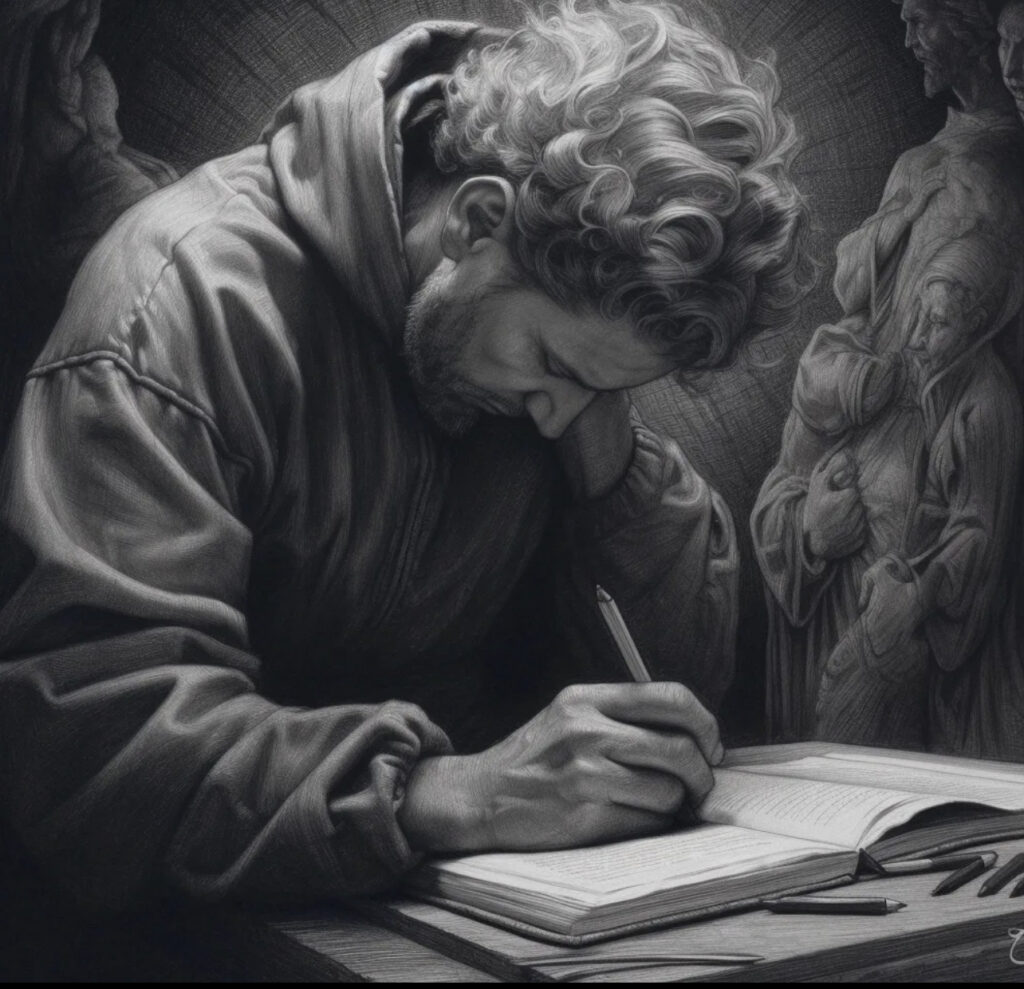Meditation has been a cornerstone of spiritual practice for centuries. For many, it offers a path to inner peace, heightened awareness, and connection with the Divine. Di Tran’s approach to meditation emphasizes not just introspection, but a deep sense of gratitude towards God. It’s a practice rooted in acknowledging and giving thanks for every facet of one’s existence.
Gratitude as a Form of Prayer
Di Tran often meditates on statements of gratitude, such as:
- “Thank you, God, for I am alive.”
- “Thank you, God, for I am strong.”
- “Thank you, God, for all that I am.”
Each affirmation serves as a gentle reminder of the blessings bestowed upon us. It’s an approach that aligns with many religious teachings, notably Christianity. In 1 Thessalonians 5:18, the Bible advises, “Give thanks in all circumstances; for this is God’s will for you in Christ Jesus.” This act of consciously giving thanks for oneself and one’s circumstances is a profound means of connecting with the Divine.
Finding Strength in Jesus
Di Tran’s practice also underscores alignment with Jesus, who exemplified strength, grace, and gratitude in the face of adversity. By viewing life’s stresses and burdens as part of the larger tapestry of existence, Di Tran embraces challenges as blessings, reminiscent of the trials faced by Jesus himself. As stated in James 1:2-4, “Consider it pure joy, my brothers and sisters, whenever you face trials of many kinds because you know that the testing of your faith produces perseverance.”

Flowing with Life, Embracing Infinity
For Di Tran, resistance to life’s ebb and flow is an obstacle to spiritual growth. By adopting a mindset of zero resistance, one can move in harmony with life and the divine infinity. This concept is echoed in Taoist philosophy, which promotes living in accord with the Tao, or “the way” – a harmonious flow with the universe (Laozi, Tao Te Ching).
Conclusion
Di Tran’s reflective approach to meditation, rooted in gratitude and alignment with Jesus, offers a refreshing perspective on managing life’s challenges. By recognizing each moment, each challenge, as a divine gift and an opportunity for growth, one can live a life of greater peace, acceptance, and spiritual fulfillment.
References:
- The Bible, 1 Thessalonians 5:18.
- The Bible, James 1:2-4.
- Laozi, Tao Te Ching.








